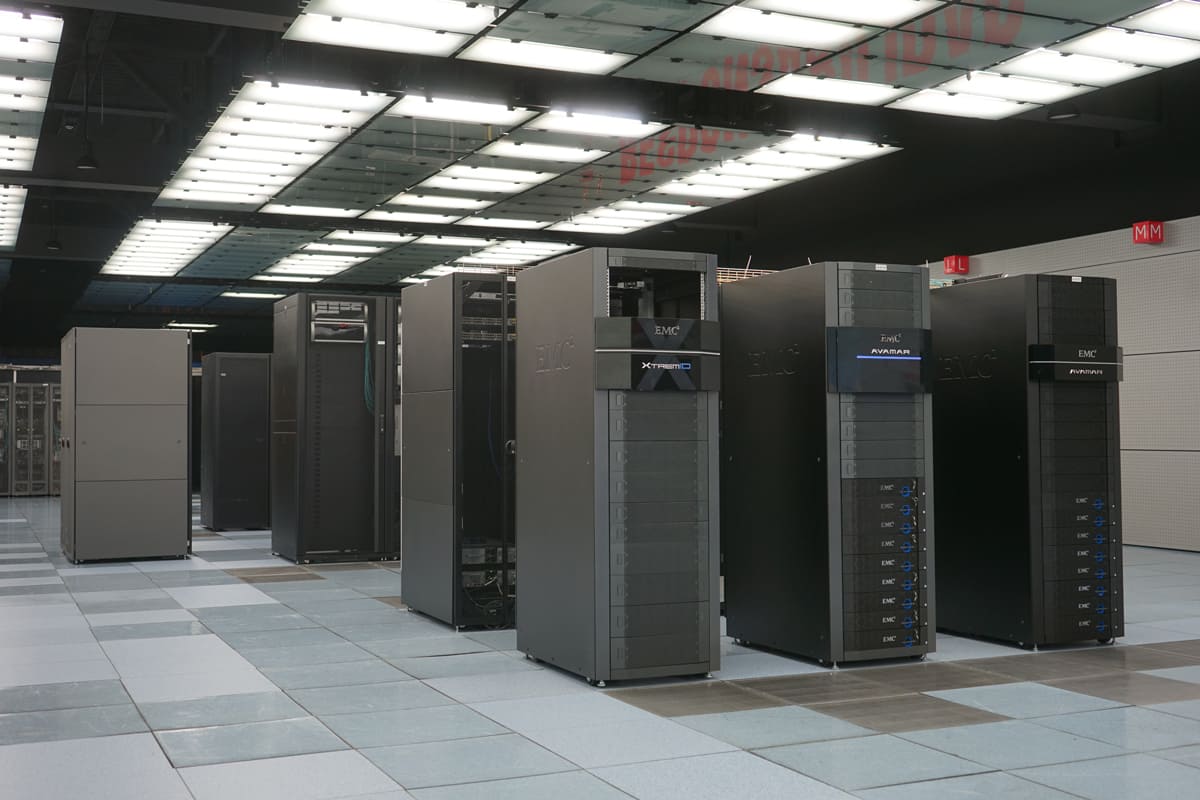The COS Global Services data center was one of the few in Spain that maintained 100% operational capacity during the national blackout without relying on fuel resupply, thanks to a strategic decision: incorporating natural gas-powered generators.
The major blackout that affected all of Spain on April 28 forced data centers, hospitals, and critical infrastructures to test their contingency systems. In this context, IT Nexus, operated by COS Global Services, remained fully operational without interruptions or logistical strain.
The key: a strategic decision made some time ago. IT Nexus features electric generators powered by natural gas, in addition to redundant diesel generators. This hybrid architecture—pioneering in the country—allowed the data center to maintain continuous operations without relying on road supplies or emergency fuel protocols.
Hybrid Infrastructure: Autonomy Without Transport
Unlike conventional diesel generators, which require resupply logistics and whose autonomy depends on the availability of diesel, IT Nexus’s generators also run on piped natural gas, which does not rely on ground transportation and—except for major outages—continues to flow even during power cuts.
“Reliability isn’t improvised. This was a long-term decision based on sustainability, efficiency, and safety,” emphasize COS Global Services.
In addition to ensuring an uninterrupted supply, the use of natural gas reduces CO₂ emissions, improves thermal efficiency, and turbocharges automatic response to voltage drops.
Advantages Over Traditional Models
What made this architecture different during the blackout?
- 🔌 Guaranteed Supply: Natural gas arrives via piped network, without relying on ground transport.
- 🌱 Energy efficiency and a smaller carbon footprint than diesel.
- ⚡ Immediate Response: Natural gas generators start automatically within seconds.
- 🚫 Avoids logistical bottlenecks: No need to coordinate tanker trucks or ensure preferential access to fuel.
While other centers activated emergency protocols to ensure continuity beyond the initial hours, IT Nexus operated without altering its internal operations or jeopardizing its SLAs with clients.
A Strategic Lesson for the Sector
The case of IT Nexus demonstrates that energy resilience also requires diversification and sustainability. In a context of increasing digital demand and dependency on electrical continuity, investing in alternative and piped sources like natural gas emerges as a path for the sector to explore.
“This outcome was not a stroke of luck but the result of rigorous planning, intelligent investments, and a real culture of prevention,” points out Rubén Rubio Sánchez from COS Global Services.
Conclusion
The blackout on April 28 imparted a clear lesson: continuity is not guaranteed only through redundancy, but with foresight. The hybrid model adopted by IT Nexus shows that a new standard of energy resilience can be achieved without sacrificing sustainability.
While other data centers managed emergency supplies, IT Nexus led from a position of foresight. And in the digital economy, this makes the difference between surviving and leading.
Source: Note on COS

